Keywords: Malcolm Turnbull
-
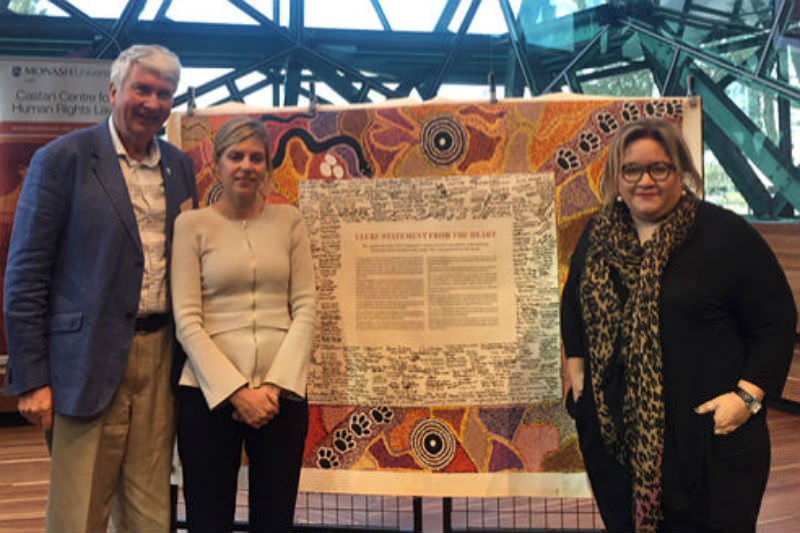
AUSTRALIA
- Frank Brennan
- 01 October 2018
3 Comments
Frank Brennan's keynote address to the National Aboriginal and Torres Strait Islander Catholic Council Assembly entitled: 'Strong Faith. Strong Youth. Strong Future — Walking Together in a movement of the Australian people for a better future'. 1 October 2018, Technology Park — Bentley, Perth
READ MORE
-

AUSTRALIA
- Frank Brennan
- 01 October 2018
15 Comments
On such a journey, we will not find common ground except by compromise, unless of course there is agreement about the principles at stake, and agreement that there is only one way to apply those principles to the challenges at hand in the contemporary context. Even among Indigenous Australians there is no unanimity on that.
READ MORE 
-
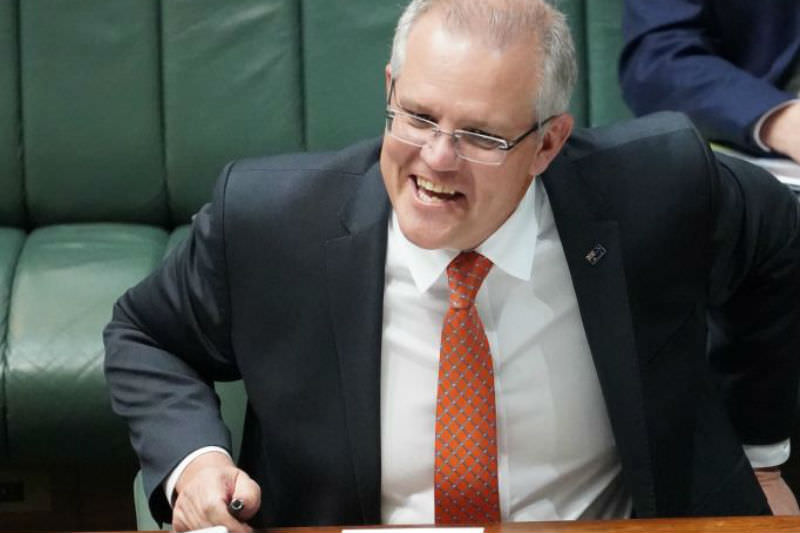
ENVIRONMENT
- Cristy Clark
- 27 September 2018
8 Comments
In light of the evidence, a national energy policy prioritising renewables should be uncontroversial. But is seems ideology is impermeable to evidence. Instead, we have the government continuing to try to pressure AGL into keeping the Liddell coal-fired power plant open despite clear-cut economic and environmental reasons for its closure.
READ MORE 
-

INTERNATIONAL
- Justin Glyn
- 18 September 2018
4 Comments
What do the Liberal leadership spill and the Syrian War have in common? Both demonstrate how force of habit, like any other force built up over a long period of time, is very difficult to stop, even when the results are plainly self destructive.
READ MORE 
-
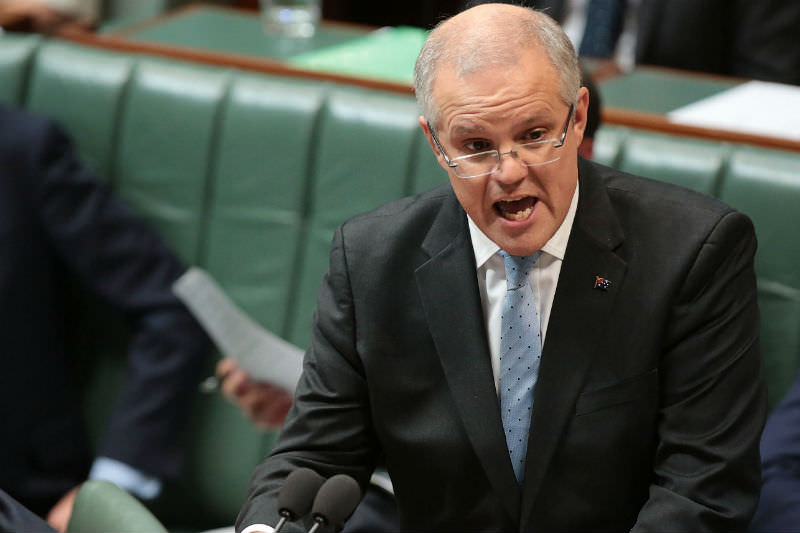
AUSTRALIA
- Ailsa Piper
- 11 September 2018
4 Comments
The Liberals manage to work the CFMEU into every ministerial response. Morrison and his men (and they are all men who speak) insist, over and over, that they are 'getting on with business' because that is what 'the Australian people want'. Which people? Not up here in the gallery. We want to understand ... something.
READ MORE 
-

AUSTRALIA
- Ailsa Piper
- 06 September 2018
6 Comments
Wentworth as I know it is not an electorate that is easily pinned down. It's also not easily duped. At the far eastern tip of the Wentworth electorate, a measured war is being waged. It's a microcosm, at state level, of the forces that will come to play in the upcoming federal by-election.
READ MORE 
-
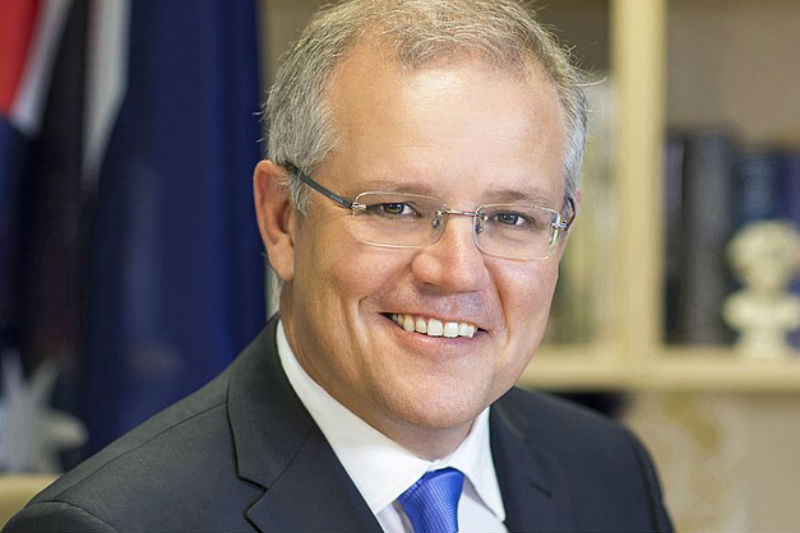
ENVIRONMENT
- Cristy Clark
- 30 August 2018
12 Comments
When Parliament resumes on 10 September, I hope Morrison leaves his lump of coal at home and takes his Christian values to work. He could start by adopting a 2030 emissions reduction target of at least 50 per cent below 2005 levels and ensuring that environmental considerations are central to all future development approvals.
READ MORE 
-
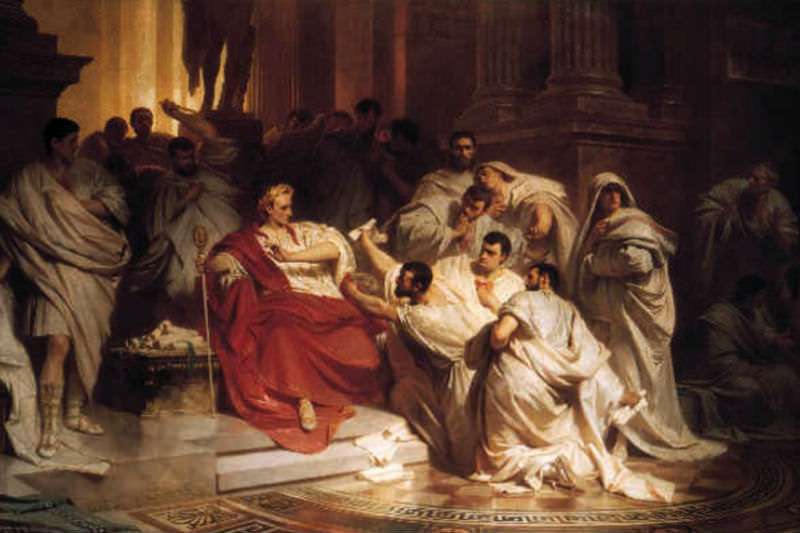
AUSTRALIA
- Andrew Hamilton
- 28 August 2018
13 Comments
If human beings are diminished, they usually respond badly. When politicians are not engaged with shaping a better society they quarrel about slogans that are detached from larger goals, or about goals that they have abandoned in pursuit of economic purity. Then they turn on one another.
READ MORE 
-
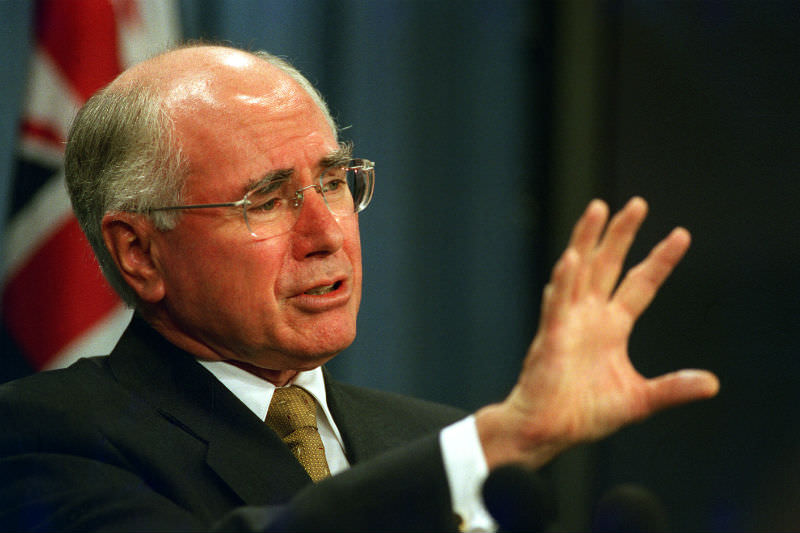
AUSTRALIA
- Celeste Liddle
- 28 August 2018
9 Comments
We have gotten so used to a revolving door of political leaders that the prospect of a leadership challenge each time things get a little hot has become normalised. I never thought I would say this, but as an Aboriginal feminist with hard-left personal politics, last week I almost found myself viewing the Howard years in a favourable light.
READ MORE 
-
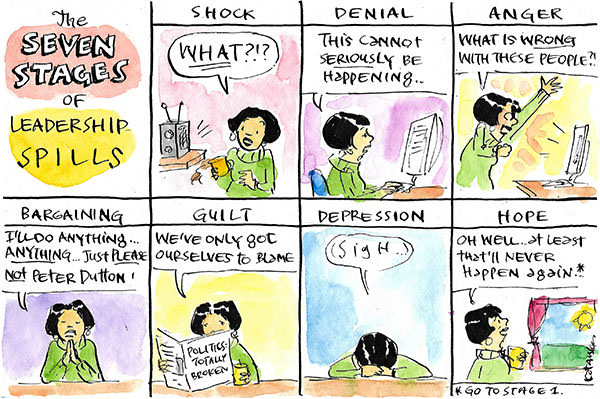
AUSTRALIA
- Frank Brennan
- 25 August 2018
25 Comments
Dutton would never have enjoyed any legitimacy as PM given the tactics he employed to get there, and such behaviour would have been repeated and rewarded yet again in the future. Even in the derelict state of Australia's contemporary politics, Dutton's perfidy augmented by Abbott's desire for revenge are no longer to be rewarded.
READ MORE 
-

AUSTRALIA
- J. R. Hennessy
- 22 August 2018
14 Comments
This was always the natural endpoint of the constant see-saw of leadership: some guy who nobody knows and nobody likes being thrust into the top job by a panicked backbench. Like all great decisions of world-historical significance, it's out of fear of losing their own seats than any particular vision for the country.
READ MORE 
-

CARTOON
- Fiona Katauskas
- 21 August 2018
READ MORE 